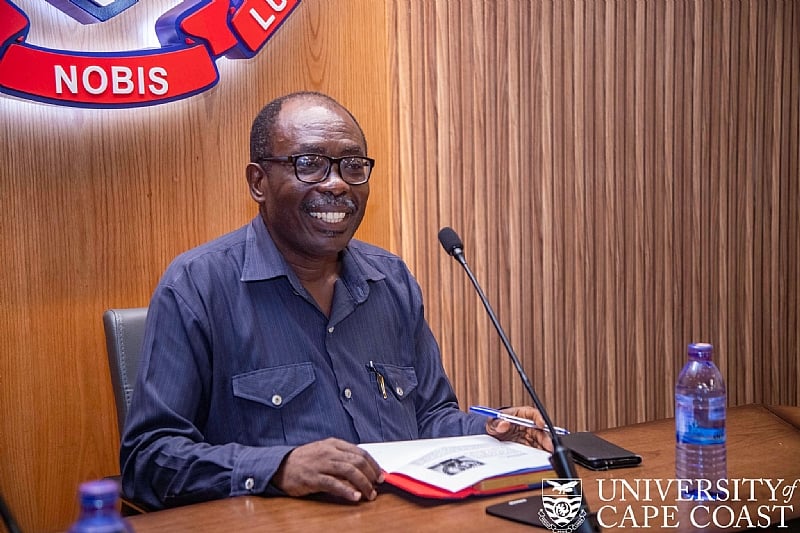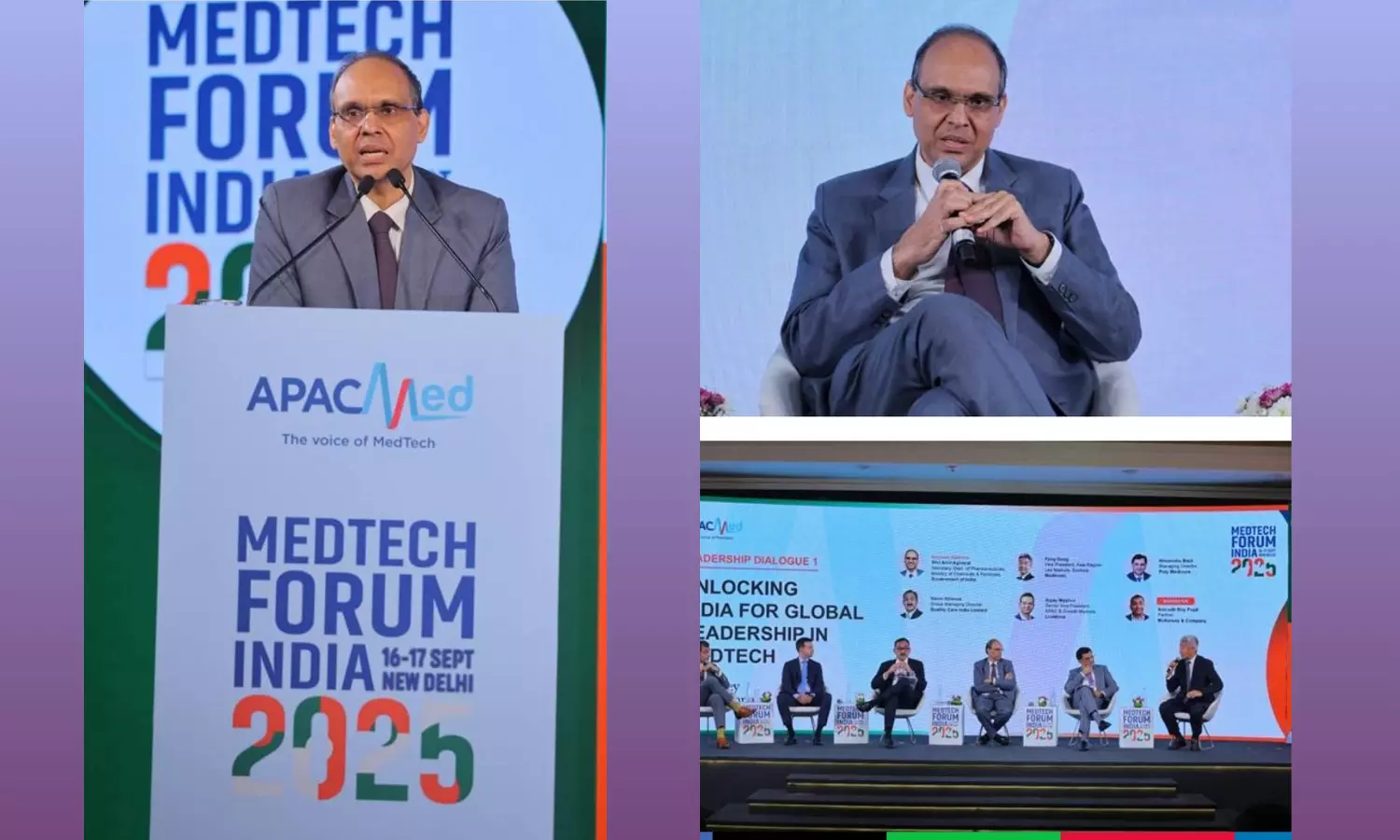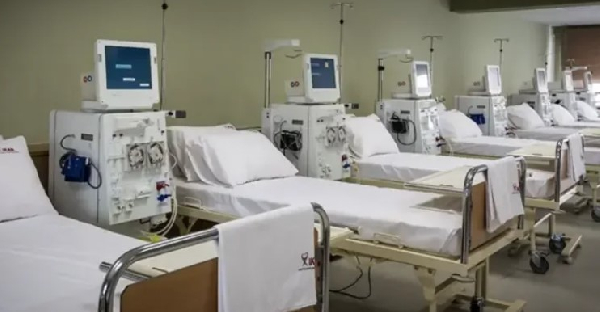By Comfort Sweety Hayford
Copyright atlfmnews

The Director-General of the Ghana Education Service (GES), Professor Ernest Kofi Davis, has assured parents that the service will review its policy to allow for the reuse of old textbooks in schools across the country.
In an exclusive interview with ATL FM News on September 15, Prof. Davis addressed growing concerns from parents over what they describe as undue pressure from some private and public schools to purchase new textbooks, even when old ones remain in good condition.
According to him, the GES does not oppose the reuse of textbooks from previous academic years, provided that the curriculum remains unchanged and the books are in usable condition.
“Parents shouldn’t be made to buy new books for their children if the old ones can be used again. Therefore, there’s a need for a policy review by GES and the National Schools Inspectorate Authority (NaSIA). We work with NaSIA because they regulate privately-run and semi-public schools in Ghana, and these schools are mostly fond of making parents buy these expensive books. There will be a stakeholder consultation to resolve the matter,” Prof. Davis said.
He emphasized that government-run schools are not permitted to compel parents to purchase new textbooks, since the GES is mandated to supply books to relieve parents of financial burdens.
Prof. Davis further revealed that other reforms are underway, including the revision of the Junior High School curriculum. He disclosed that government has committed significant funding towards the acquisition and distribution of textbooks in the upcoming academic year.
“We are revising the Junior High School curriculum in order to provide new textbooks for government basic schools. Government has appropriated a significant amount of money towards the acquisition and distribution of course books in the next academic year to improve the quality of education across the country,” he explained.
The issue of textbook acquisition has long been a contentious subject in Ghana’s education sector. Parents, particularly those with children in private schools, have frequently complained about being forced to buy new sets of textbooks each academic year, even when the curriculum remains unchanged.
Education advocacy groups have also argued that the practice creates unnecessary financial strain on families.
The Ghana Education Service, working in collaboration with NaSIA, has pledged to engage stakeholders, including school owners, teachers, and parent associations to ensure that policies surrounding textbook use are effectively streamlined and enforced.
Read Also: Health Ministry Closes Bidding Process for Supply and Installation of Dialysis Machines
Source: Benjamin Ekow Hutchful/ATLFMNEWS



